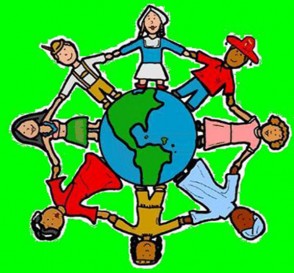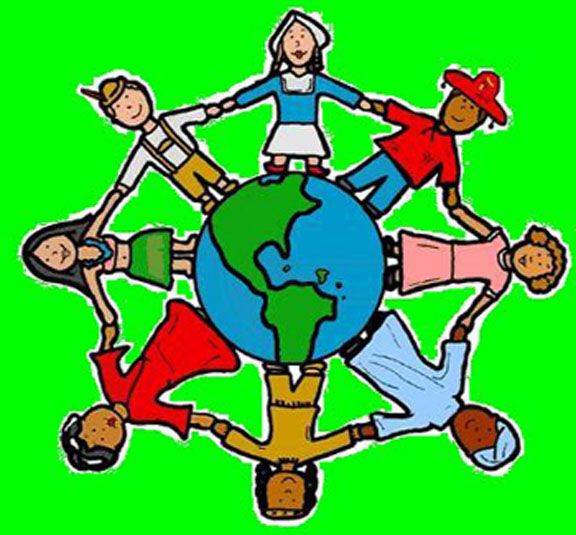Continued from last week
ARTICLE 3
1. In all actions concerning children, whether undertaken by public or private social welfare institutions, courts of law, administrative authorities or legislative bodies, the best interest of the child shall be a primary consideration.

3. States Parties shall ensure that the institutions, services and facilities responsible for the care or protection of children shall conform with the standards established by competent authorities, particularly in the areas of safety, health, in the number and suitability of their staff, as well as competent supervision.
ARTICLE 4
States Parties shall undertake all appropriate, legislative, administrative and other measures for the implementation of the rights recognized in the present Convention. With regard to economic, social and cultural rights, States Parties shall undertake such measures to the maximum extent of their available resources and where needed, within the framework of international co-operation.
ARTICLE 5

ARTICLE 6
1. States Parties recognize that every child has the inherent right to life.
2. States Parties shall ensure to the maximum extent possible the survival and development of the child.
ARTICLE 7
1. The child shall be registered immediately after birth and shall have the right from birth to a name, the right to acquire a nationality, and as far as possible, the right to know and be cared for by his or her parents.
2. States Parties shall ensure the implementation of these rights in accordance with their national law and their obligations under the relevant international instruments in this field, in particular where the child would otherwise be stateless.
ARTICLE 8
1. States Parties undertake to the rights of the child to preserve his or her identity, including nationality, name and family relations as recognized by law without unlawful interference.
2. Where a child is illegal deprived of some or all of the elements of his or her identity, States Parties shall provide appropriate assistance and protection with a view to speedily re-establishing his or her identity.
ARTICLE 9
1. States Parties shall ensure that a child not be separated from his or her parents against their will, except when competent authority subject to judicial review determine, in accordance with applicable law and procedures, that such separation is necessary for the best interest of the child. Such determination may be necessary in a particular case such as one involving abuse or neglect of the child by the parents or one where the parents are living separately and a decision must be made as to child’s place of residence.
2. In any proceedings pursuant to paragraph 1 of the present article, all interested parties shall be given an opportunity to participate in the proceedings and make their views known.
3. States Parties shall respect the right of the child who is separated from one or both parents to maintain personal relations and direct contact with both parents on a regular basis, except if it is contrary to the child’s best interest.





